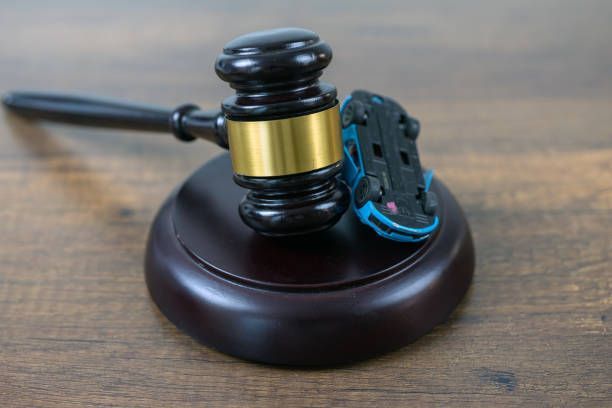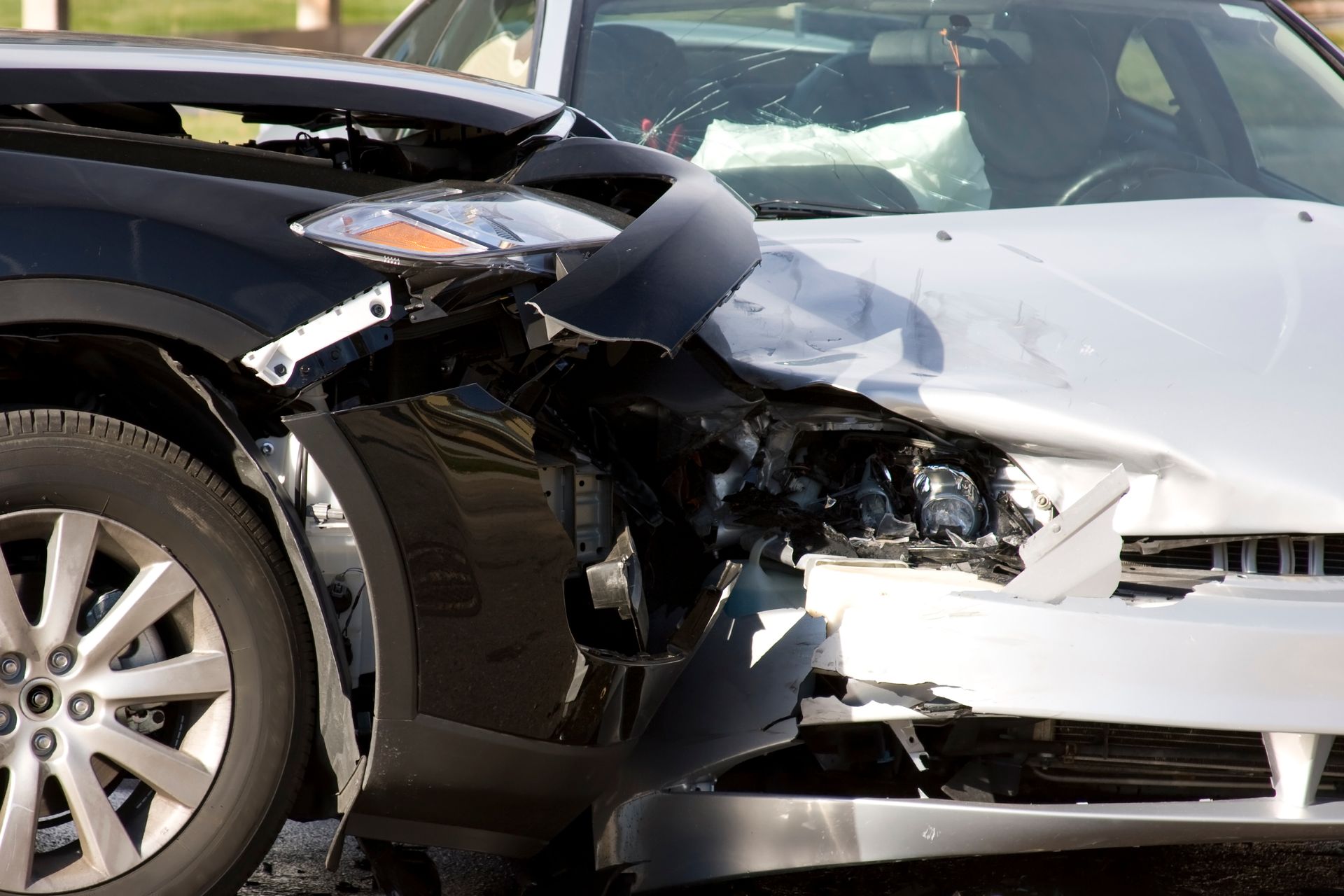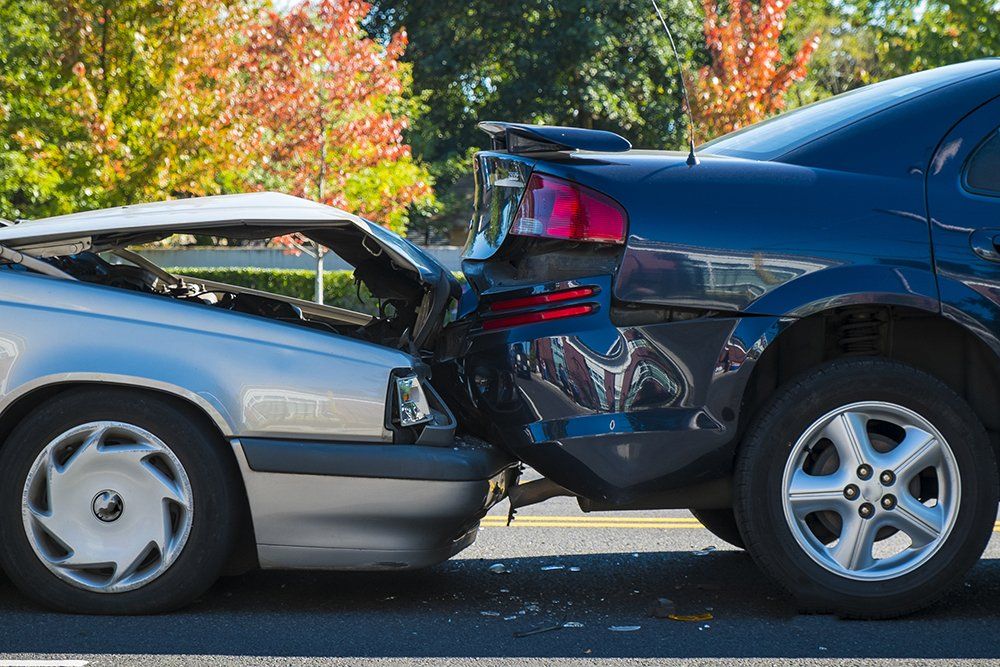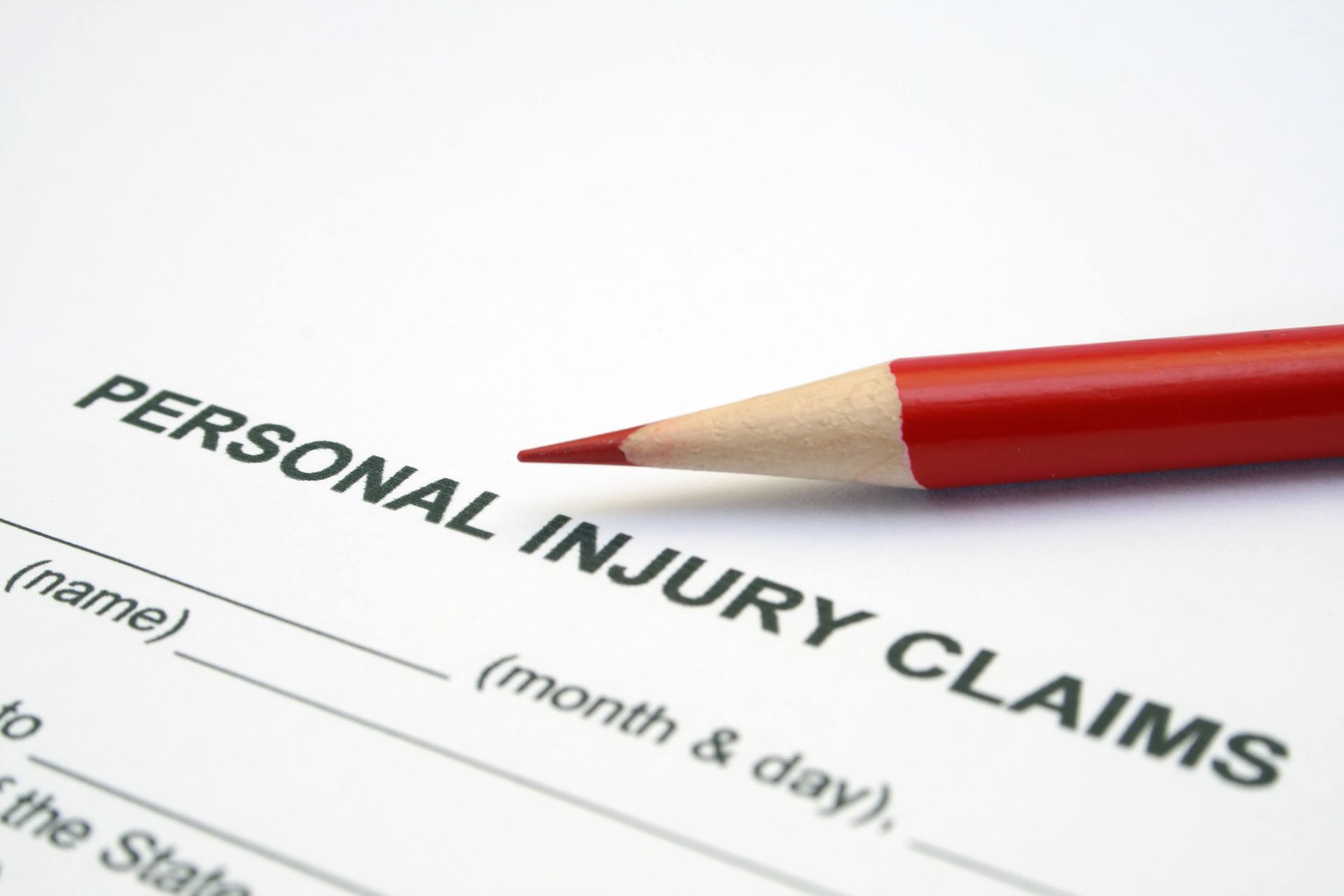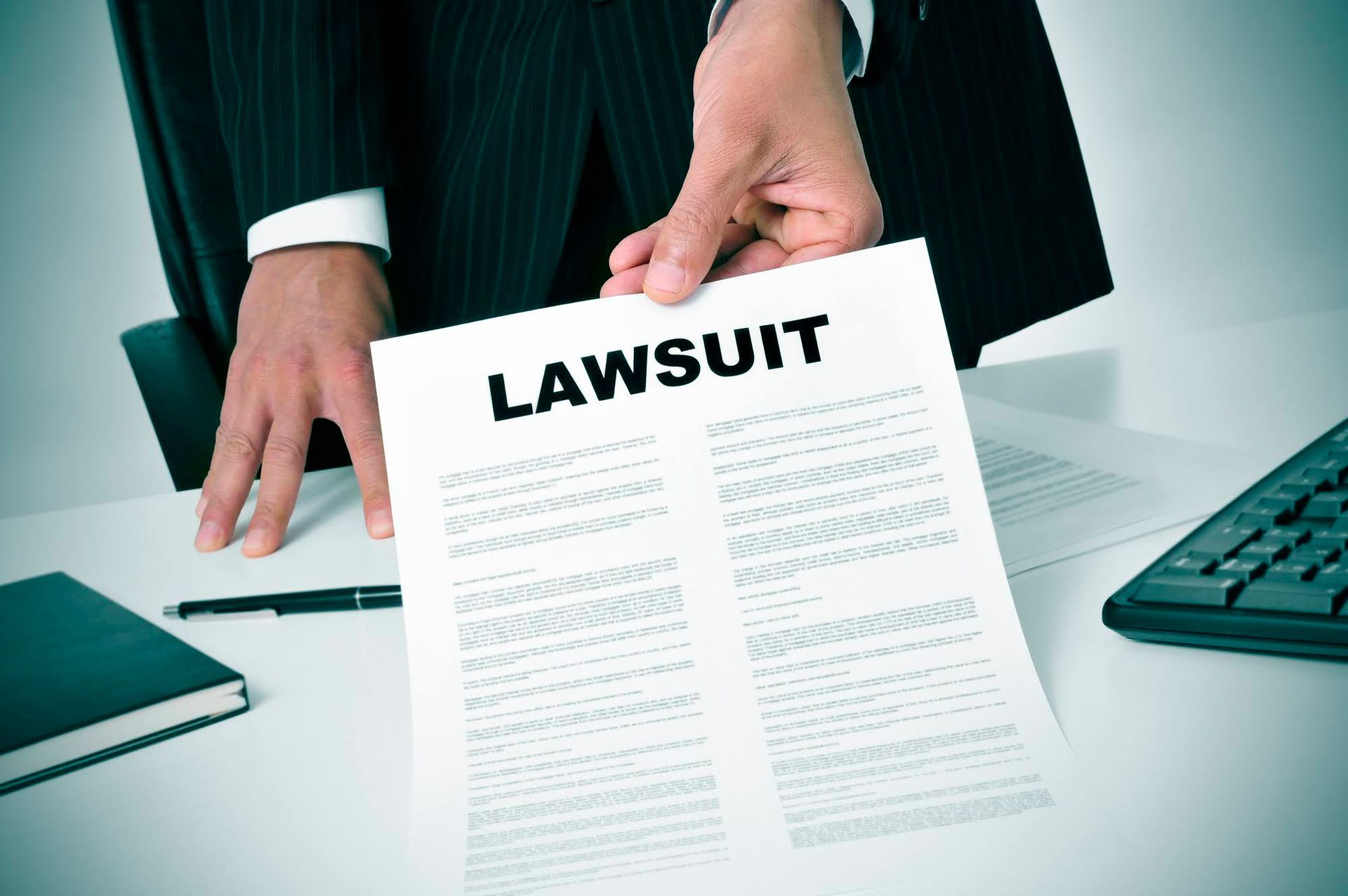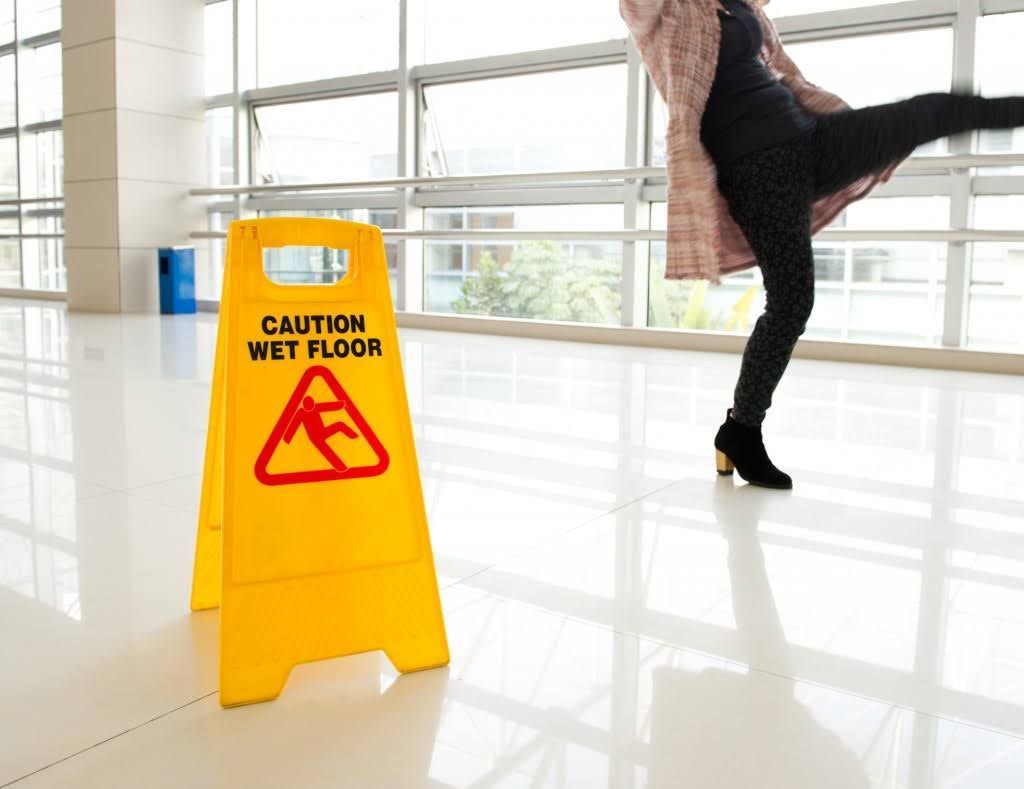Product Liability Lawsuits: What Plaintiffs Should Know

Most U.S. products must conform to the safety standards maintained by the Consumer Product Safety Commission (CPSC). If you have sustained injuries or damage due to a defective product, you may deserve compensation for your medical expenses, lost wages, pain and suffering, and other losses.
A basic understanding of the legal requirements, descriptions, and strategies involved in pursuing a product liability case may help you obtain the compensation you need from a court judgment or out-of-court settlement. Here are some key considerations for product liability plaintiffs.
What Counts as Product Liability?
The concept of product liability may apply to any manufacturer or seller held responsible for products that injure or damage buyers. Federal law does not address product liability; instead, individual states have adopted their own legal standards and procedures for handling product liability lawsuits and judgments.
In West Virginia, plaintiffs may bring product liability lawsuits that fall under any of three categories: strict liability, negligence, and breach of warranty. Strict liability simply requires you to prove that the product in question contained a defect, without also establishing fault on the part of the manufacturer.
If you base your product liability case on negligence, you must show that the injury occurred due to a flaw in the product's design, labeling, or instructions. Breach of warranty means that the seller or manufacturer has refused to honor any warranty agreement explicitly included with the purchase of the defective product.
How Do You Establish and Prepare Your Case?
The defective product itself may play a critical role as evidence supporting your case. Unless the product represents a continuing direct threat to your safety or health, you should keep it instead of discarding it. If possible, secure it in a place that only you or your lawyer can access instead of handing it over to investigators.
The history of the product may also reveal important details as to the chain of accountability, from designers and manufacturers to distributors and sellers. Your attorney will want to determine the exact date and location of manufacture and sale, and that no unknown third party modified or tampered with the product.
You may require the assistance of expert witnesses to evaluate the defective product and testify to its defects in court. These witnesses may include professionals with expertise in medical, engineering, marketing, safety, and other relevant issues. Psychologists may attest to errors that might lead to product misuse.
How Does the Burden of Proof Work in a Product Liability Case?
If you wish to prove that a defective product caused your injury, you must establish four key points . You must prove that the product actually injured you, that the product had defective parts or instructions, that the defect in question led to the injury, and that you used the product correctly (according to the instructions).
In some cases, the plaintiff's attorney may successfully argue that the defective nature of the product stands as clear evidence that fault exists. The burden of proof would then shift primarily to the defendant, who must demonstrate innocence of such a fault.
What Kinds of Arguments May Defendants Present?
Defendants have every right to counter a plaintiff's claims in a product liability case. The defendant in your case may have an array of expert witnesses on hand to cast doubt on your own witnesses' statements. The defendant may also argue that any reasonable use of the product naturally poses certain risks of injury.
If you cannot identify the supplier of the defective product, the defendant may argue that you have not eliminated that party as the potential source of the defect. In the case of medication, however, the court may assign liability to the manufacturer based on the local market share percentage of the medication.
You may expect the defendant to try and undermine other aspects of your case if at all possible. For instance, the defendant may argue that someone altered the product between the time it left the manufacturer and the time it hit store shelves. The defendant may also argue that you misused the product.
The majority of product liability cases end in out-of-court settlement. Defendants and their insurers find these kinds of cases particularly expensive to fight in court, especially if the judgment goes against them. Even so, you and your legal team may have sufficient leverage to negotiate from a position of strength.
Higinbotham & Higinbotham, PLLC, can evaluate your situation, determine whether you have a valid product liability case, and help you present that case as effectively as possible. Contact our law office for a consultation.
